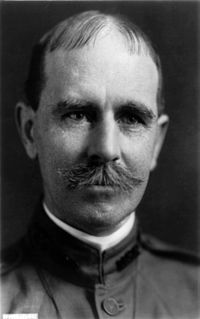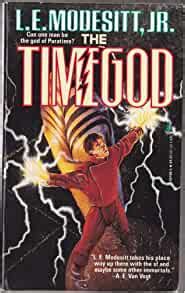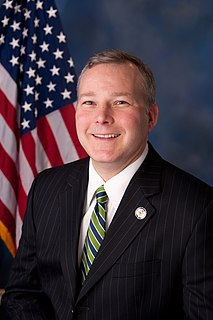A Quote by Raymond Chandler
The law isn't justice. It's a very imperfect mechanism. If you press exactly the right buttons and are also lucky, justice may show up in the answer. A mechanism is all the law was ever intended to be.
Related Quotes
Law is justice. And it is under the law of justice - under the reign of right; under the influence of liberty, safety, stability, and responsibility - that every person will attain his real worth and the true dignity of his being. It is only under this law of justice that mankind will achieve - slowly, no doubt, but certainly - God's design for the orderly and peaceful progress of humanity.
One’s life, liberty and the products of one’s labor were not intended to be up for grabs by grubby, greedy majorities. Contra classical natural law theory, legal positivism equates justice with the law of the state. However, from the fact that most Americans want others to fund or subsidize their health care, it does not follow that they have such a right. A need is not a right.
Law and justice are from time to time inevitably in conflict ... . The jury ... adjusts the general rule of law to the justice to the particular case. Thus the odium of inflexible rules of law is avoided, and popular satisfaction is preserved ... That is what jury trial does. It supplies that flexibility of legal rules which is essential to justice and popular contentment.
The industrial and social injustice of our era is the tragic aftermath of democracy's overemphasis on freedom as the "right to do whatever you please." No, freedom means the right to do what you ought, and ought implies law, and law implies justice, and justice implies God. So too in war, a nation that fights for freedom divorced from justice has no right to war, because it does not know why it wants to be free, or why it wants anyone else to be free.
As the Honorable Elijah Muhammad said, 'justice lays down with you when you lay down, justice gets up with you when you get up.' The requirement of this universally applicable law is that you must do unto others as you would have done unto yourself. When you wake up, you wake up to that law that whatever you put out is going to come back.







































